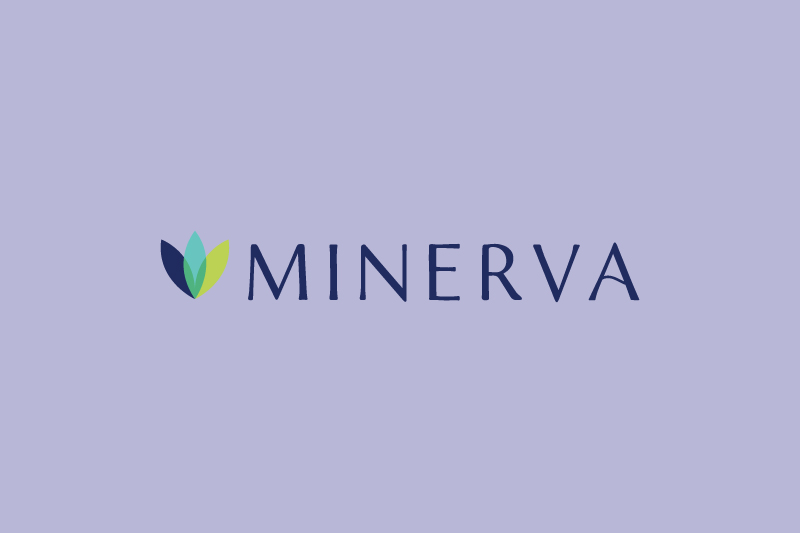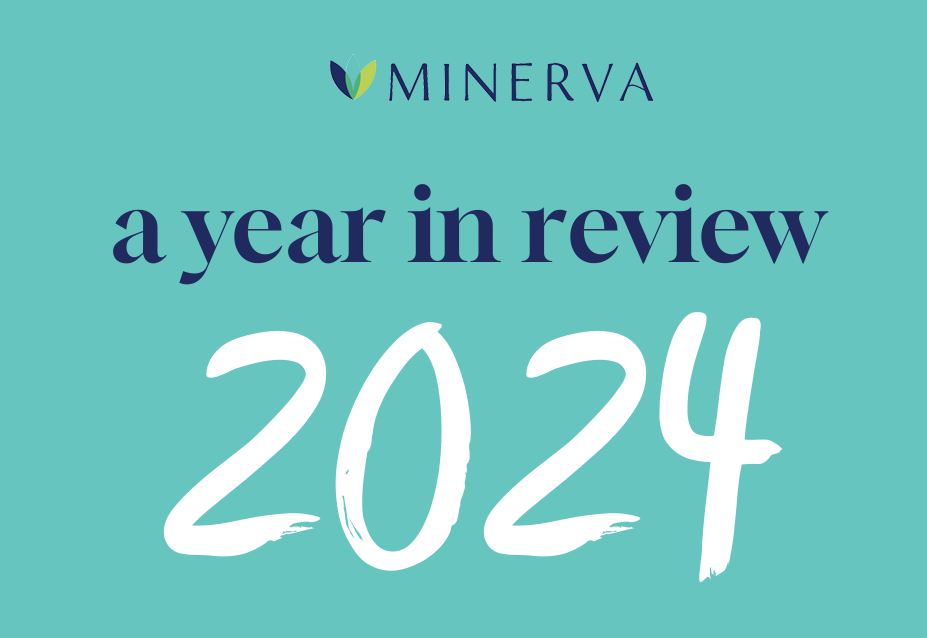In celebration of our 25th Anniversary, we are shining a spotlight on organizations who have worked with Minerva over the years to help advance women in leadership.
In 1982, TransLink hired their first woman Transit Supervisor, who progressed into more senior positions including the Director of Olympic Transit Strategy. A commitment to gender equality has led to collaboration with Minerva on a number of initiatives including Women in Transportation events, The Face of Leadership Inclusive Leadership Forum, running in-house cohorts of the Women Leading the Way™ program, and most recently, as the presenting sponsor of Minerva’s 25th anniversary celebration.
Stephanie Redivo, who serves as TransLink’s Equity, Diversity and Inclusion Director, provided valuable feedback in the development of our recently released report, Unobstructed Journeys: Dismantling Barriers to Gender Equality in BC, which looks at the invisible and visible barriers women continue to face in the workplace at every stage of their career.
We spoke to Stephanie about the ways TransLink is addressing gender inequality in the workplace, what is working, and where challenges remain.
Tell us about your work at TransLink and what you are currently focused on?
As a transportation authority operating in diverse British Columbia, TransLink understands the importance of creating inclusive, accessible and equitable spaces where all employees and customers feel valued and fully engaged. Having been with TransLink for just over three years, equity, diversity and inclusion (EDI) have grown to become core pillars of the business today. From our core values to new workplace policies, we’re dedicated to promoting EDI in every aspect of our operations and workplace.
A few of the many things we are currently working on include:
- Partnering with community organizations to ensure effective recruitment from representative labour markets and to diversify our outreach.
- Implementing a Workplace Accessibility Policy and three-year Strategy with the focus on improving our communications, technology and education from an accessibility lens.
- Introducing a new Technical Professionals in Training Program in partnership with MOSAIC and Immigrant Services Society of BC (ISSofBC). Through the program, we hire newcomers in temporary and full-time roles and students for temporary intern positions.
- Participating in The Prosperity Project, which focuses on tackling gender, racial, and Indigenous diversity in leadership roles in Canada through the collection of intersectional data.
- Providing EDI training to our Executive team every two months, to ensure ongoing EDI education and discussions to increase capacity.
TransLink has been working hard to increase women in leadership, as well as in roles that have been historically male dominant. Why is it important for TransLink to make progress on gender equality?
At every stage of the pipeline, women are as committed to their careers and as interested in being promoted as men. With inclusion being one of TransLink’s core values, we recognize the male-dominated nature of the industry and make efforts to build new policies, programs and processes that enable gender representation and gender equity within the company. At the end of the day, we are a customer service and its important to us to have a workforce that represents the diversity of those we serve.
What systemic barriers to gender equality in the workplace do you continue to see?
Gender representation across the enterprise consists of 80% men and 20% women. Transportation is a male-dominated industry, so we make intentional efforts to improve gender representation. One thing that I see often in companies, and not just in transportation, when getting started in EDI is this focus on recruitment immediately which isn’t the best approach. If you do not focus on your environment first to make it inclusive and welcoming just hiring a percentage of women will not make the environment better. I was very intentional on focusing on education, focus groups and policies prior to focusing on recruitment. A great example of focusing on our environment is Coast Mountain Bus Company creating an onboarding handbook specifically for women operators.
Gender bias persists in the workplace, but it can be difficult to identify. Do you have any suggestions to address the issues?
I think the first step is acknowledging that gender bias exists at all. At TransLink, our EDI training covers topics of unconscious bias, allyship, and leading culture change, to mention a few. Naming the issues and educating on an ongoing basis is a great way to make the invisible, visible. We also offer time and space to hold Courageous Conversations for employees to discuss sensitive topics such as privilege, microaggressions, and accessibility. In 2023, we held 11 sessions with approximately 1,500 employees. Topics included conflict resolution, inclusive leadership, the role of men in gender equity, emotional intelligence, intersectionality, implicit bias, and fatphobia. In addition, I meet with our senior leaders every six weeks to discuss an EDI topic and that can be in the form of bringing in an external consultant for training or an open discussion on challenges and opportunities.
How have employee resources groups (ERGs) been leveraged at TransLink?
We have six Employee Resource Groups: Accessibility & Allies; Caregivers; I Belong Multicultural; Indigenous; Pride & Allies; and Women & Allies. Each ERG ranges from 20 to 100 employees. The ERGs support policy reviews and host education sessions. Over 25 educational events were held by the ERGs in 2023 alone. All ERGs have executive sponsors, ensuring their work is funded and championed at the highest levels. In 2023, the Caregivers and Women & Allies ERGs provided an equity lens on the Future of Work project (flexible work, part-time schedules, and flexibility within workdays) data collection activities, as well as family leave top-up. As of 2024, all ERG co-leads meet monthly with our HR leaders to push the envelope on equity issues as it relates to their groups’ needs in the workplace.
What was the benefit for TransLink in partnering with Minerva to deliver leadership training to high potential women?
We have been a huge supporter of the Women Leading the Way leadership program and have received nothing but positive feedback about the partnership with 93% of participants citing they would recommend the program to a coworker or friend. So far, 33 women employees from TransLink have participated and as a result of the program:
- 64% have taken on more leadership responsibility.
- 29% have started mentoring someone.
- 21% have received an increase in salary.
- 14% have taken on a leadership role in their community.
In 2024, we will offer two additional cohorts for an additional 50 women employees.
We are grateful to TransLink for partnering with Minerva to help develop leaders and break down barriers to gender equality in the workplace!



